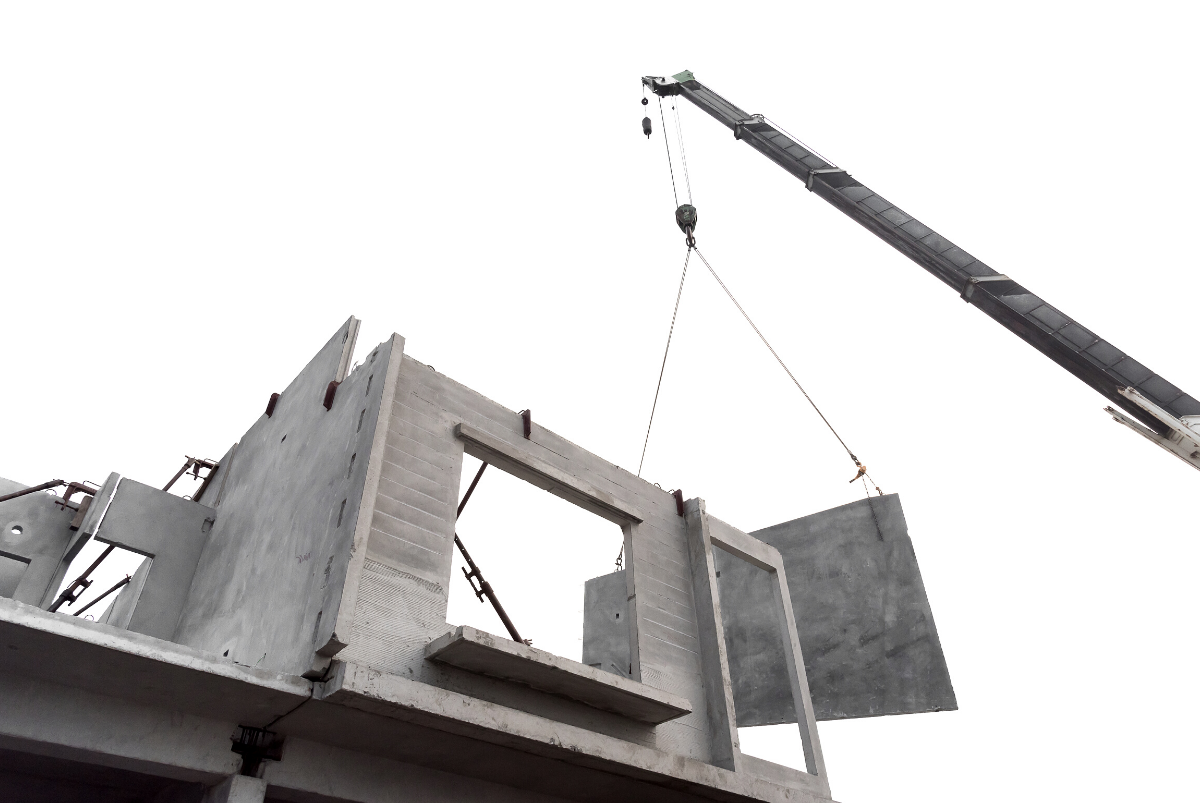Concrete mix design is the right selection and proportioning of ingredients to generate concrete with pre-specified qualities in both fresh and hardened states. This is such a critical stage in the manufacture of concrete. You need a reputable concrete manufacturing company to be certain you have the right mix.
Concrete mix designs aim to achieve specific durability, strength and workability levels. Let’s take a closer look at some of the factors that influence concrete mix design.
Concrete Compressive Strength
The compressive strength of concrete is the most critical component of concrete mix design. This is mainly because it affects a majority of the other derivative properties of hardened concrete. The average compressive strength required at 28 days determines the nominal ratio of water and cement in the mix.
Nature of the Structure
The type of structure, or the function it’s meant to serve, directly impacts the concrete mix design. Some of the critical elements to consider include:
- Structure for Retaining Water
Concrete used on water-retaining structures must be less porous and generate less heat. Utilize Grade 35A concrete, as suggested by BS 8007, to construct structures that hold liquids.
- Wearing
Adjust the mix design whenever there is a risk of quick-wear on the concrete. Increased reinforcing cover, higher grade concrete, and other measures reduce wear and help to maintain the structure for a long time. Classic examples where these designs are applicable include spillway chutes and car park areas.
Water-cement Ratio
The water-cement ratio is a crucial element in the concrete mix design. It significantly influences the end result. The lower the water-cement ratio, the greater the strength of concrete. The former has always been used to determine the concrete grade. Water is the primary component in the mixing process of concrete. It aids the mixing of all the additives to form ready mix concrete. Since the amount of water in a mix determines the strength of concrete, it’s critical to always regulate the water-cement ratio in a concrete mix.
Concrete Compaction
Concrete compaction enhances density by eliminating air holes in freshly-laid concrete, making the latter dense and compact. The presence of air spaces in concrete significantly lowers its strength. For instance, 5% of air gaps could diminish the concrete strength by 30 to 40%. Even with the same water/cement ratio, strength varies with compaction accuracy. The strength of completely compacted concrete is greater than that of poorly compacted concrete.
Amount and Type of Cement
The amount of cement used has a significant impact on the strength of the concrete. The higher the cement concentration, the more likely shrinkage fractures will form when the concrete cures and hardens. Cement types can also have a significant influence on the characteristics of hardened concrete. The minimum cement content defined by IS 456 2000 ranges from 300 to 360 kilograms per cubic meter of concrete for a range of exposure circumstances and concrete grades. The maximum cement concentration in concrete is similarly restricted to 450 kg per cubic meter.
The strength of concrete is also affected by the cement grade, which might be 53 grade, 43 grade, or 33 grade. Higher grades equal greater strength.
Quantity and Types of Aggregates
The strength of the aggregates also plays a significant role in the durability of concrete. If the quality of the aggregate is poor, you end up with compromised, weak concrete.
The quality of hardened concrete depends on the amount of aggregate used. The higher the aggregate content for the same cement volume, the lower its strength. In a nutshell, the form and grade of aggregate have a significant influence on the resultant concrete’s strength.
Water Quality
Water quality also impacts the setting and hardening of concrete. Avoid acidic, oily, salty, or seawater since impurities in water have a negative impact on the strength of concrete. Instead, choose potable water to mix concrete. Impure water, in particular, can cause carbonation, corrosion, or acid attacks, which take years off the life of your concrete structure.
Structural and construction engineers must be aware of factors that influence concrete mix design to help you make informed decisions. With TKL Group, you are guaranteed a high-quality concrete mix design. The company considers and addresses every possible factor to make sure you end up with structures that stand the test of the elements.

